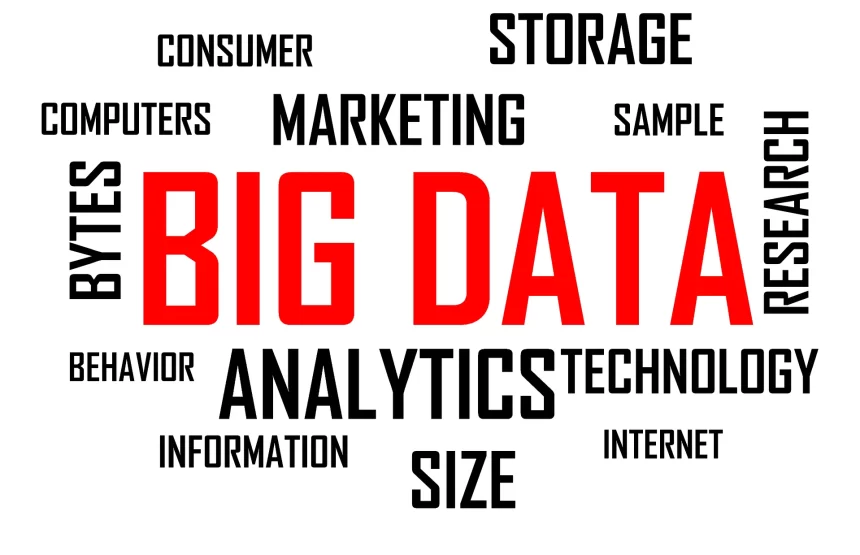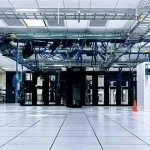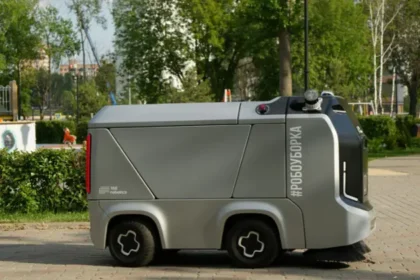Energy Industry is an essential and indispensable commodity of our economy. It is something we all use and needs to stay warm, light our homes, and drive our businesses. But the energy sector is witnessing a quiet revolution driven by expanded data usage, and the immediate need to decarbonize the economy and smart meters are crucial to achieve both. The energy sector is bombarded with data; information comes from a variety of sources – research, growth, transportation, and distribution – and it isn’t effortless for businesses to manage. Big data would pave the way for more dedicated consumers and proactive energy industry.
Smart Meters are Just the Start of Data-Driven Power
People often focus on the primary consumer benefits of smart meters; the ability to save energy and money instantly. However, to accomplish much more, significant improvements to the national infrastructure are required. Smart meters provide a potential data-driven energy system, and when combined with Electric Vehicles (EV) and battery storage can completely transform the relationship between customers and their electricity.
Imagine a world in which the data generated from daily devices will help us find out quickly where to save money, whether it is due to behavioral changes or to identify more energy-efficient electrical goods or isolation. Such details may also stay in touch when you’re standing up and turning on the light, or heating the tub. This opens the door to more committed customers and a data-based, sustainable energy sector.
New Smart Devices that Already Show Potential for Data-Driven Energy
In today’s world, there are plenty of smart appliances and innovative products, giving customers greater control over their energy use. Time-of-use tariffs also allow people to opt for electricity. We don’t use coal for days, and we produce less than 10 percent of our electricity needs. Last year, much of our energy came from low-carbon sources such as the sun, wind, and nuclear. It is a rising phenomenon of about 400,000 low carbon jobs and an ever-increasing market. Future amendments will become even more dramatic. Potential decarbonization is essential for a mechanism that integrates renewable levels and will be even more difficult. When we consider how to use transportation and how to fuel our homes and businesses, more problems lie ahead. When it comes to heating, it will take to make difficult choices, and this will require strong leadership from the government. Hence, at least 10 million EVs are projected to be on the street by 2030.
What is Required for Data-based Power to Become Reality?
Moreover, energy efficiency must be part of the national infrastructure plan. They must also make use of innovation and smart technology further to reduce the costs and use of product resources while providing warmth and comfort in their homes, including for consumers who need to be secured and not left behind in vulnerable situations.
The energy sector has a clear responsibility and an opportunity to get the customers and environment right. However, to deliver this future, a data-driven energy system, the stable energy industry is required that can invest and grow, that current developments threaten to disrupt.
The future for Energy Data Science
In the energy industry, the use of data science and analytics is expected to increase. Data science can direct management decision-making during growth periods, with better perspectives to boost efficiency and respond to consumer demand. The pattern will also be driven by the continued growth of data science software and vendors.










